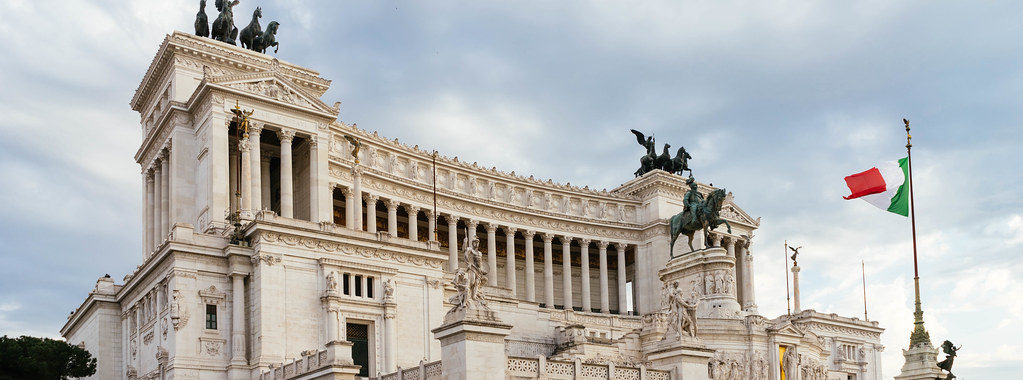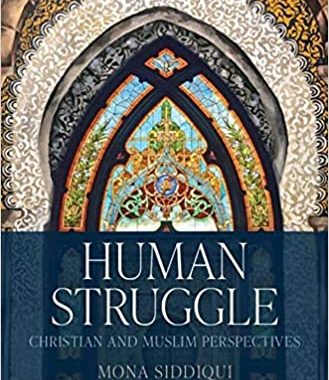“The Effects of Proscription on the Muslim Brotherhood in Egypt” by Ioana Emy Matesan
Photo by Jr Korpa on Unsplash. Introduction From its establishment in 1928 until the Arab Spring uprisings of 2011, the Egyptian Muslim Brotherhood developed from a small religious study group into the most influential Islamist movement in the world. After coming to political power in 2012 during Egypt’s brief democratic transition, the group was ousted…








